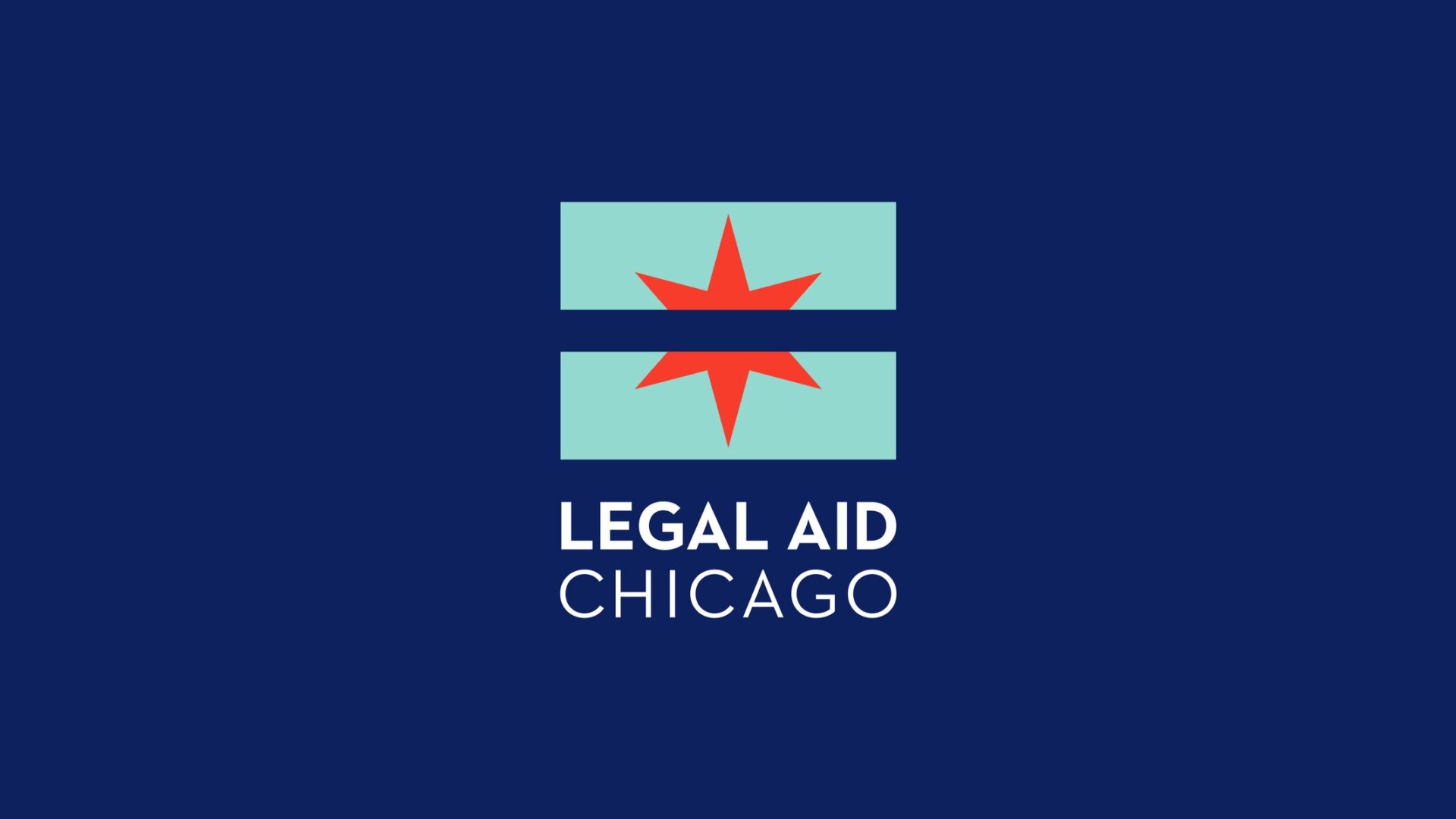April 30, 2024
FOR IMMEDIATE RELEASE
COOK COUNTY, IL – April is Fair Housing Month, and Legal Aid Chicago and HOPE Fair Housing Center are partnering to spread awareness about an important fair housing topic – Eviction Record Screenings. Many housing providers have policies that automatically deny rental applicants with an eviction record, a practice that creates unfair and long-term barriers to securing safe housing — especially for people of color, who are targeted with eviction actions more aggressively and frequently by housing providers than white tenants, despite similar circumstances.
Legal Aid Chicago and Hope Fair Housing Center have worked together to create a free toolkit for Illinois residents renting with an eviction filing on their record. The toolkit provides community members with information on how housing providers should evaluate their eviction record, how to seal and remove evictions from the public record, and how to advocate for reconsideration if they have been denied from a property due to an eviction record.
“Housing providers with a No-Evictions policy perpetuate racial segregation by making it more difficult for Black families to find housing. Using eviction records provided by screening companies to automatically deny housing applications has an unjustified discriminatory impact,” said Susan L. Theiss, JD, Fair Housing Project Manager at Legal Aid Chicago. “Legal Aid Chicago and HOPE Fair Housing share a mission to remove discriminatory barriers to housing, and this toolkit helps people navigate the challenges of securing housing with an eviction on their record.”
More and more, housing providers are turning to tenant screening companies to process rental applications. Screening companies report on public court records, which can show eviction cases that were filed up to seven years ago. Because these screening reports don’t show what happened in eviction cases after they were filed, a housing provider might see a report of an eviction record even if the person won the case and was not evicted, or even if the case was dismissed or wrongly filed.
“We’re working hard to make it clear that these policies and practices disproportionately harm and restrict housing choice for groups protected under fair housing laws,” said Josefina Navar, Deputy Director at HOPE Fair Housing Center. “An eviction filing or judgment should not be a perpetual barrier to housing choice. This toolkit was designed to provide housing seekers with an eviction record with the information and tools to obtain relief now.”
By standing together against discrimination and injustice, we can create a future where everyone has equal access to housing opportunities and the chance to thrive in inclusive communities. The toolkit is available now and can be accessed here.
HOPE Fair Housing Center is a nonprofit organization dedicated to eliminating housing discrimination across Illinois since 1968. Through education, outreach, enforcement, training, and advocacy, HOPE works to create greater housing opportunities for all, ensuring everyone has the chance to live in the community/home/apartment of their choice free from discrimination.
Legal Aid Chicago seeks justice for people living in poverty. Through litigation and advocacy, our team of full-time lawyers and staff fight to secure individual rights to affordable housing, basic healthcare, fair working conditions, protection from abuse, and economic stability.
XXXX
CONTACT:
Legal Aid Chicago Liz Proscia Associate Director, External Relations | eproscia@legalaidchicago.org
HOPE Fair Housing Center Cameron Rapata Communications Coordinator | cameron.rapata@hopefair.org
The work that provided the basis for this publication was supported by funding under a grant with the U.S. Department of Housing and Urban Development. The substance and findings of the work are dedicated to the public. The author and publisher are solely responsible for the accuracy of the statements and interpretations contained in this publication. Such interpretations do not necessarily reflect the views of the Federal Government.

